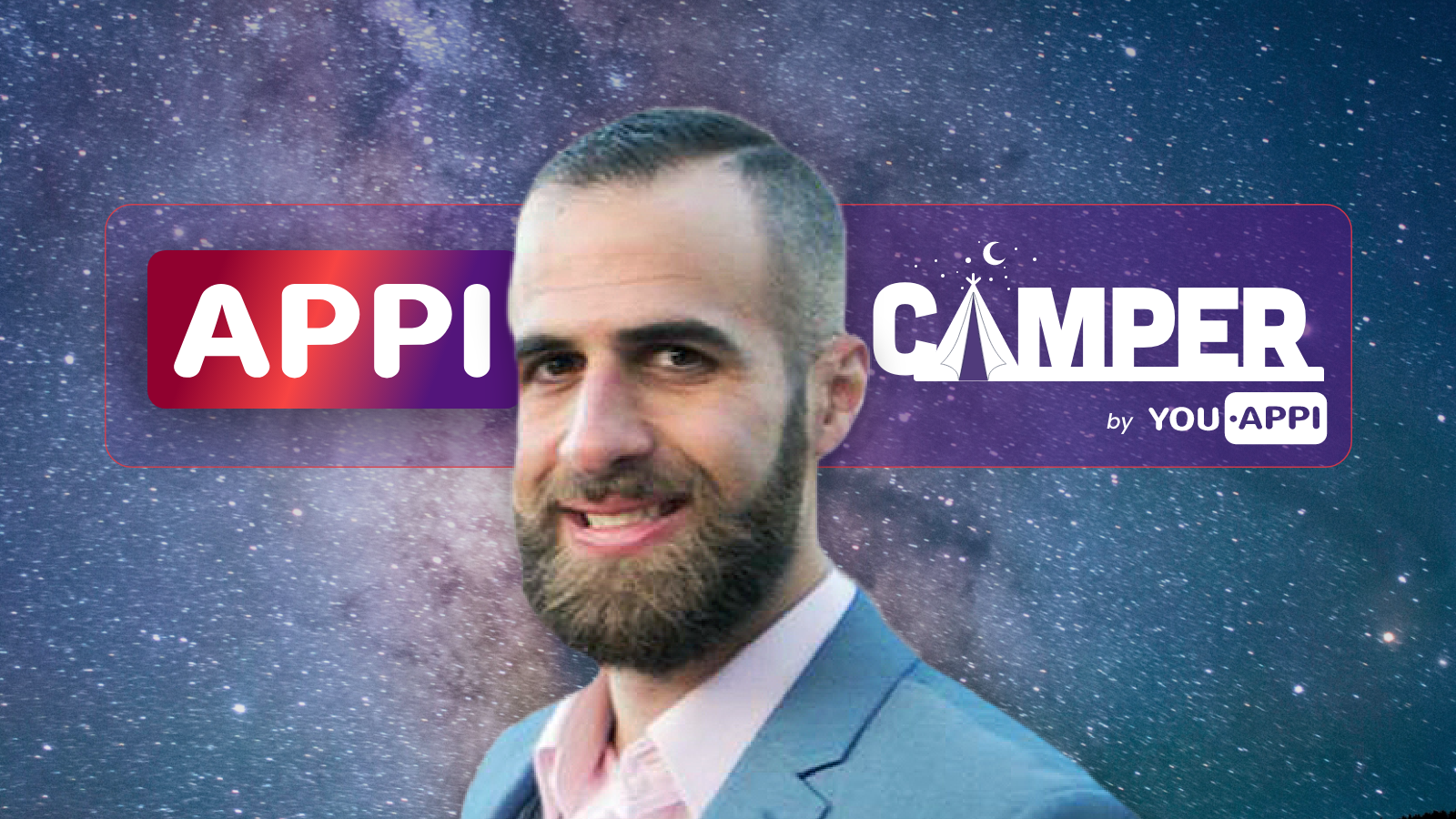Appi Camper is an interview series that shines a spotlight on today's mobile elite, showcasing their expertise and knowledge. Growth leaders share trends, strategies to navigate the current market, tips to overcome present challenges, and how they approach these impacts to successfully emerge as an Appi Camper.
Spotlight with Enric Pedró
Enric Pedró is the VP of Growth at Tilting Point, providing game developer partners with the tools and knowledge to expand their audience globally. He has over ten years of experience in digital advertising, mobile gaming and business development. Enric has been fortunate enough to work and live in five different cities – Barcelona, London, New York, Los Angeles and Madrid. He enjoys playing games and keeping up with the latest blockchain developments, as well as experimenting with tools and platforms such as Shopify, Jarvee, Android Studio, Unity and Swift for a variety of pet projects.
What dictates budget allocation? What metrics are the main focus in order for you to remain with a partner? What does that relationship look like?
Our predicted lifetime value (pLTV) model ultimately dictates how likely it is for a game to grow profitability and what channels we should be focusing on the most. Tilting Point, as a mobile gaming publisher, gets to see many games from many developers and genres so ultimately our job consists of finding the right partners to grow the games that we are working on. We don't want to put a developer in a bad position (i.e financial hole) so we are extra cautious with the partners that we choose to work with. The better the partner performance, the more likely it is for us to rely on their traffic with future games.
When discussing new channels, what goes into that discussion, and further into making that decision? What metrics do you use to validate that test being a success or not?
We tend to have more discussions related to new partners than new channels, but the same principle applies. What we have been doing lately is actively asking a new partner what their best performing genre or game is from our portfolio that they would like to proceed with a test first. At Tilting Point we are lucky enough to have many good performing games from several genres, so we do our best to leverage that.
When setting up a test, we try to be as up front as possible with our expectations and transparent in the fact that the new partner will be judged on that specific game performance (since they get to state what's their best performing genre). If things don't go well, at least both parties know that we gave it "our best shot". This means that, short-term, trying a different game/genre with that same partner will be quite challenging and instead, we are likely to give a chance to a new partner.
If you’ve worked internationally or across borders, what was the major challenge or barrier to entry that you faced? How did you overcome this?
Working out your VISA in the United States was extremely challenging (and expensive!). Jokes aside, I do recall moving from London to New York and realizing that what I knew from the industry back then, was a tiny drop in the ocean. Even though it might seem obvious to readers, talking to media agencies and mobile first companies in the US made me really understand how big the country was and that the mobile campaigns and budgets that I was planning for a few countries in Europe, weren't even enough to cover a few states.
Time difference was quite a challenge too, so being great at communicating asynchronously was a must to guarantee the success of the mobile performance campaigns that I used to oversee.
What does personal branding mean to you? Any tips for someone trying to build their personal brand?
The mobile industry and moreover the mobile gaming industry is a really, really small world. Honestly, I haven't made an active effort to build a personal brand, other than rocking a beard for a few years now. The most important tip I have is to be nice to everyone. Be inquisitive, be genuine, have an active interest to learn more and try to follow the cliche of "surround yourself with people who are smarter than you", if that's not the case, you either have a big ego or you are in the wrong room.
What are some marketing themes you think are going to be prevalent this year?
Community building is becoming a bigger trend and a great way to leverage your existing engaged user base. More and more games are investing time and resources on building their own communities (Discord being the biggest one right now). That being said, it might not be relevant for all genres or companies out there.
Are there any emerging industries you are particularly interested in?
Web3 has been taking a lot of my free time. It's great to see that we are making active efforts at Tilting Point to operate in that space too.

